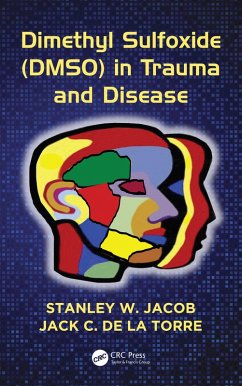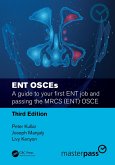First isolated as a chemical compound by a Russian chemist in 1866, dimethyl sulfoxide (DMSO) proved to be a near-perfect solvent for decades before its remarkable biological and medical activities were discovered. DMSO is one of the most prodigious agents ever to come out of the world of drug development. Its wide range of biological actions involving plants, animals, and humans has led to the publication of tens of thousands of articles in the scientific literature.Dimethyl Sulfoxide (DMSO) in Trauma and Disease examines the major clinical uses of DMSO in humans as supported by basic evidence derived from experiments in animals, including its effects in disorders such as osteoarthritis, interstitial cystitis, gastrointestinal inflammatory changes, scleroderma, respiratory distress, myasthenia gravis, cardiac disease, traumatic brain injury, and Alzheimer's disease. The effects of DMSO on pain, cancer, stroke, and spinal cord injury are also discussed. The book explores how its chemical structure is able to react and deactivate toxic molecules generated by DNA damage, free radical formation, inflammation, oxidation, and infection. For the first time, the collective data on the biological, chemical, and medical actions of DMSO are presented and analyzed from the published scientific literature.Clearly written, the book incorporates easy-to-understand scientific descriptions that appeal both to health care professionals and the millions of people worldwide who have used DMSO for an assortment of ailments as a prescriptive or off-label medication.
Dieser Download kann aus rechtlichen Gründen nur mit Rechnungsadresse in A, B, BG, CY, CZ, D, DK, EW, E, FIN, F, GR, HR, H, IRL, I, LT, L, LR, M, NL, PL, P, R, S, SLO, SK ausgeliefert werden.









